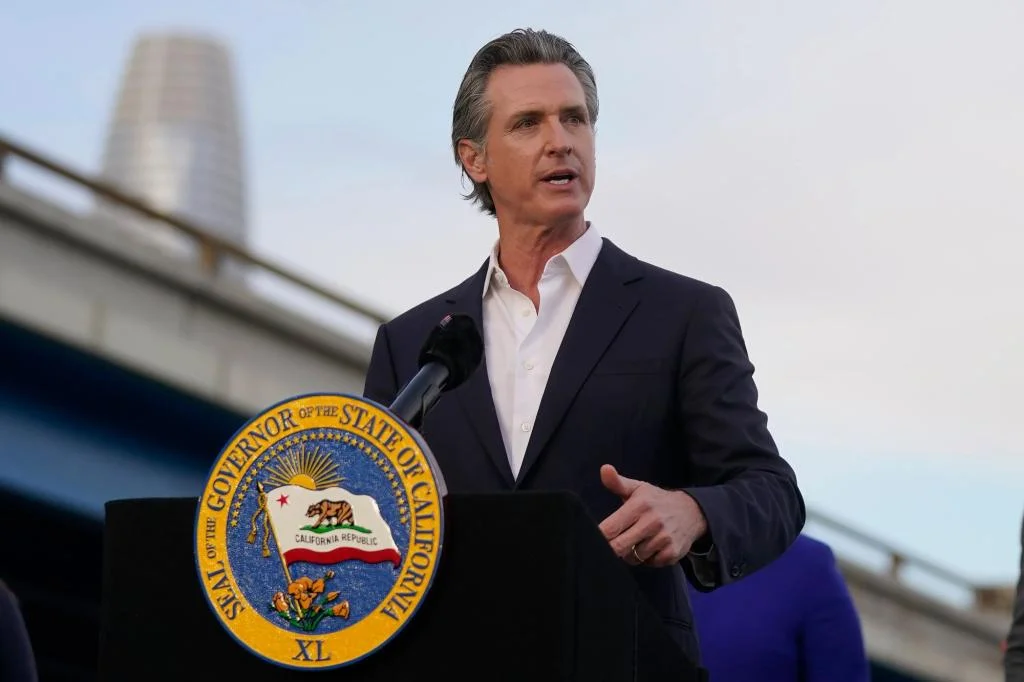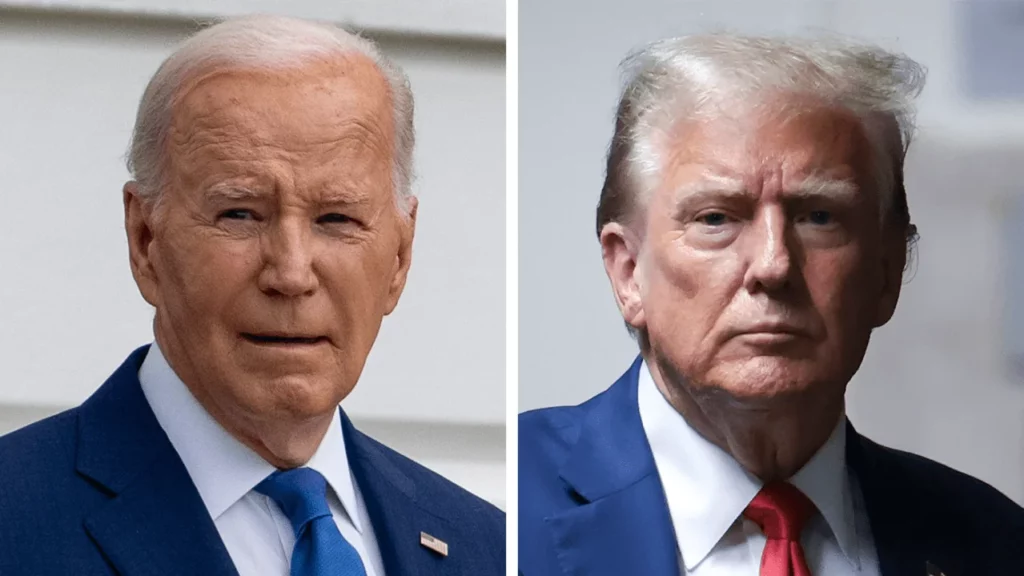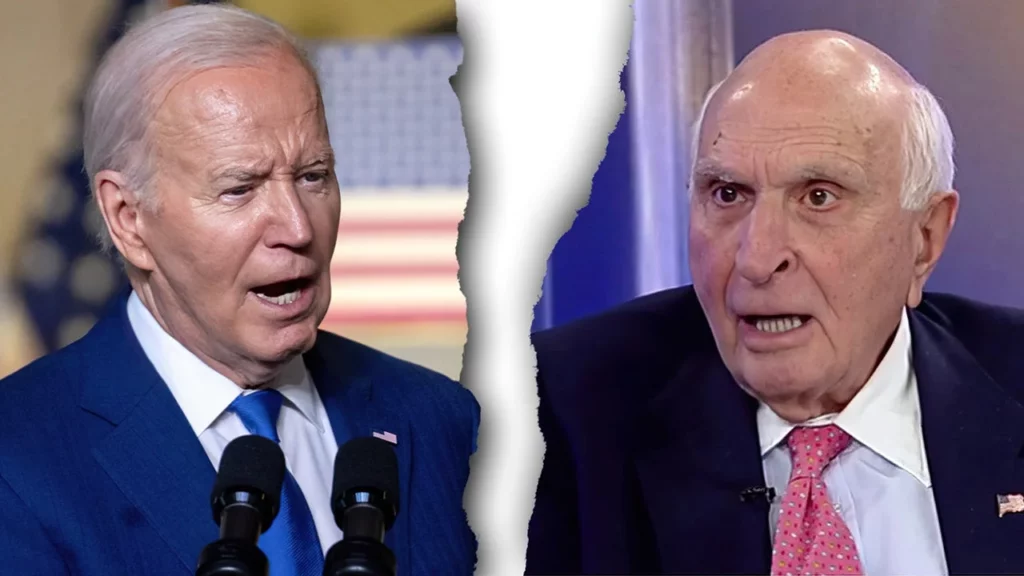Newsom’s Minimum Wage Exemption Controversy Unfolds Amid Criticism
California Governor Gavin Newsom faces mounting criticism over a minimum wage exemption that appears to directly benefit Panera Bread franchises owned by billionaire donor Greg Flynn. This special carve-out from the state’s new $20 minimum wage law for fast food workers has sparked outrage and calls for investigation from political opponents and commentators alike. The exemption, which allows restaurants that bake and sell bread to pay a lower wage, has raised questions about the influence of political donations on legislation.
Legislative Loophole Benefits Billionaire Donor
The exemption, criticized for being a ‘crooked deal’, benefits Flynn’s Panera Bread franchises by allowing them to pay employees at the current rate of $16 an hour, sidestepping the statewide $20 minimum wage mandate. This move has prompted Republican lawmakers to demand an investigation into Newsom’s legislative actions and their potential ties to substantial campaign contributions from Flynn.
Woke Policy or Faux Pas?
An editorial from the New York Post has lambasted the exemption as evidence of ‘woke policy’ being a facade, highlighting the inconsistency between Newsom’s public stance on worker rights and the preferential treatment given to a wealthy donor. The controversy underscores a broader debate about the authenticity and fairness of policies touted as progressive while allegedly catering to the interests of the elite.
Newsom’s Defense and Public Backlash
In response to the backlash, Newsom’s office has defended the legislative process, asserting that the exemption was the result of extensive negotiations involving numerous stakeholders. However, this explanation has not satisfied critics, who argue that campaign contributions should not influence legislation, particularly laws intended to protect workers’ rights.
Future Implications for Labor Laws and Political Accountability
The unfolding controversy around Governor Newsom’s minimum wage law exemption has sparked a significant discussion about the influence of money in politics, the integrity of labor laws, and the need for greater political accountability. As calls for an investigation grow, the outcome could have lasting implications for California’s political landscape and the future of labor legislation in the state.






